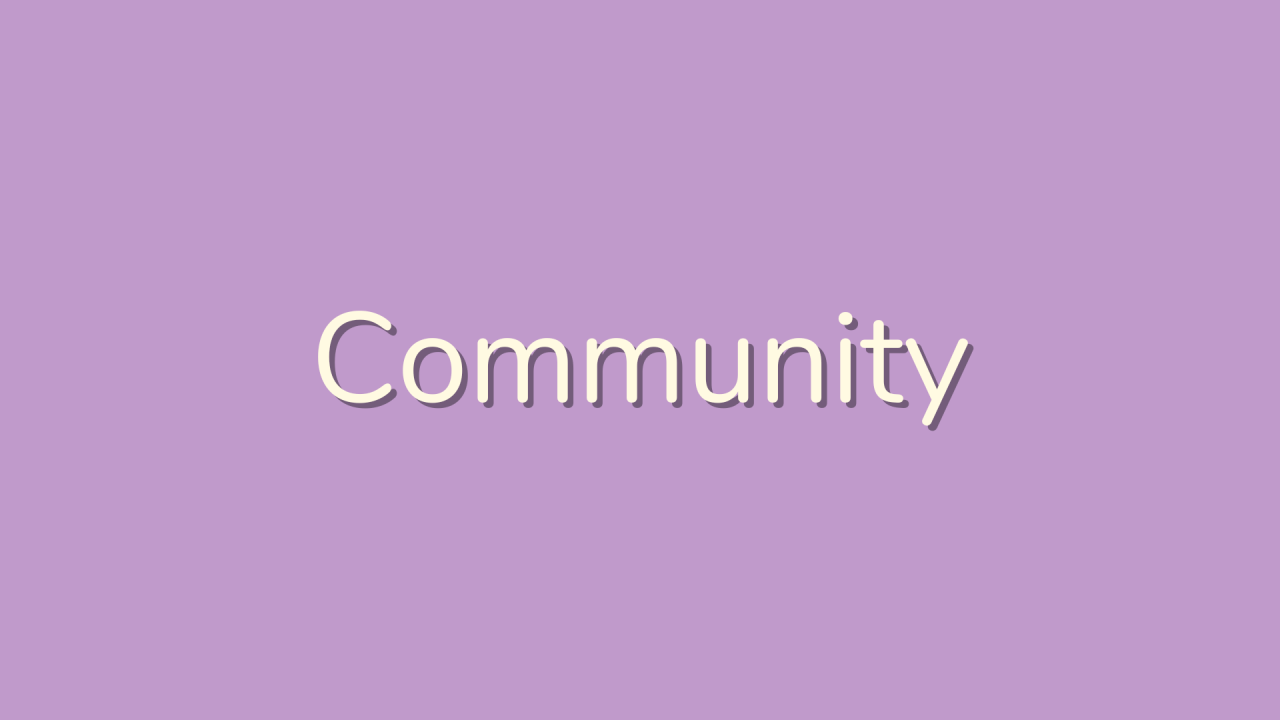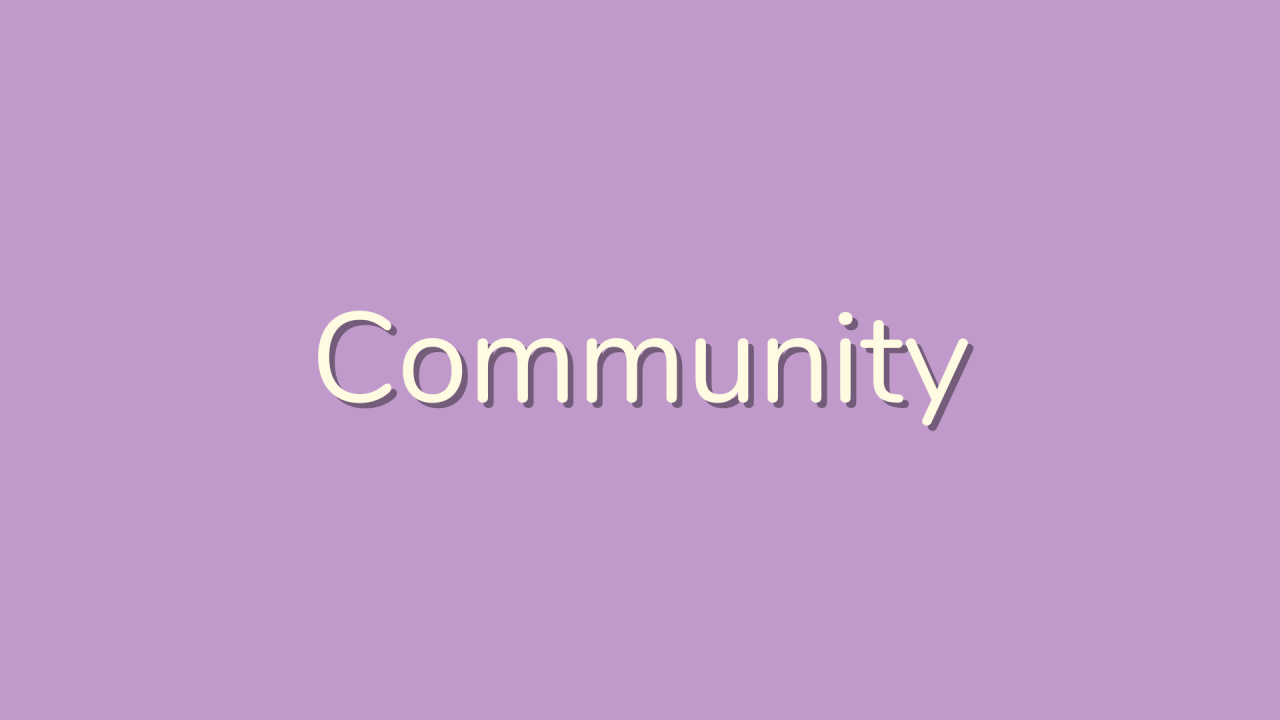

Making Place, Placing Makers: Connecting History, Memory, & Land by Indigenizing New Hampshire Public Library Local History Collections
Information
We are a settler reference librarian and a settler educator researching the relationship between Indigenous representation in public library local history collections and our shared understanding of the land now known as New Hampshire. Our findings demonstrate that New Hampshire public library local history collections often lack recognition or accurate representation of Abenaki histories, and, instead, hold a majority white authorship which relegate Abenaki peoples to a distant past, casting indigeneity in the light of myth and folklore. The harm of this relegation needs to be addressed as the continuation of settler ideologies and the segregation of Indigenous nations to antiquity perpetuates the genocide that began hundreds of years ago upon settler contact. The pedestaling of colonial settler histories also prevents New Hampshire non-Indigenous community members from engaging with the complex history and present of the land which they now occupy. In our findings, we illuminate the need for collaboration between libraries and Indigenous peoples in order to provide all patrons access to a more accurate understanding of the state’s history in order to create a more equitable and honest present. Throughout our conversations with Indigenous leaders and New Hampshire library staff, we have encouraged including titles by contemporary Abenaki authors in library circulating collections, verifying the historical integrity of items within library local history collections, providing opportunities for the sharing of non-written Indigenous knowledge, and the repatriation of cultural property and artifacts that belong to Indigenous nations. We are deeply indebted to the members of the Abenaki nation at Odanak who have been instrumental throughout our research process.Learning Outcomes: Understand the importance of diversity audits for historical collections; Identify opportunities for library partnerships with Indigenous nations and groups; Recognize opportunities to build non-Indigenous staff’s awareness and understanding of how colonization and libraries intersect; Recognize how indigenizing and decolonizing library practices and collections can inform service development and better support all community needs.